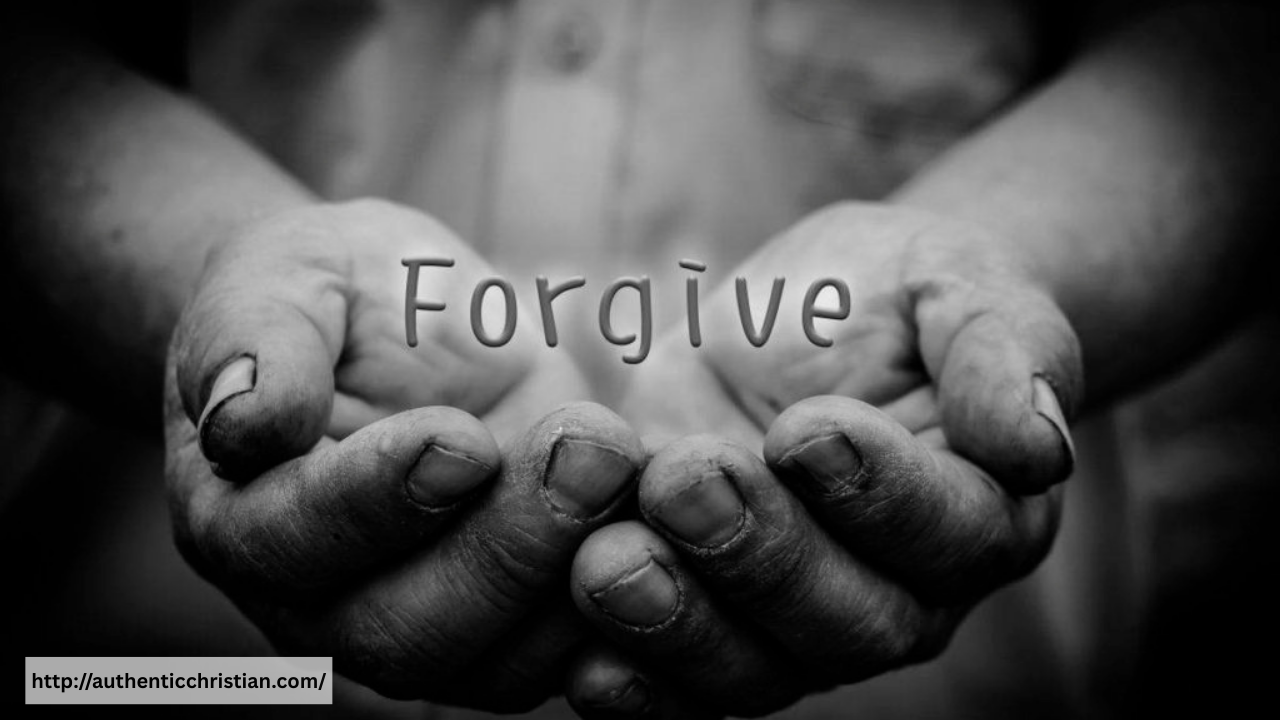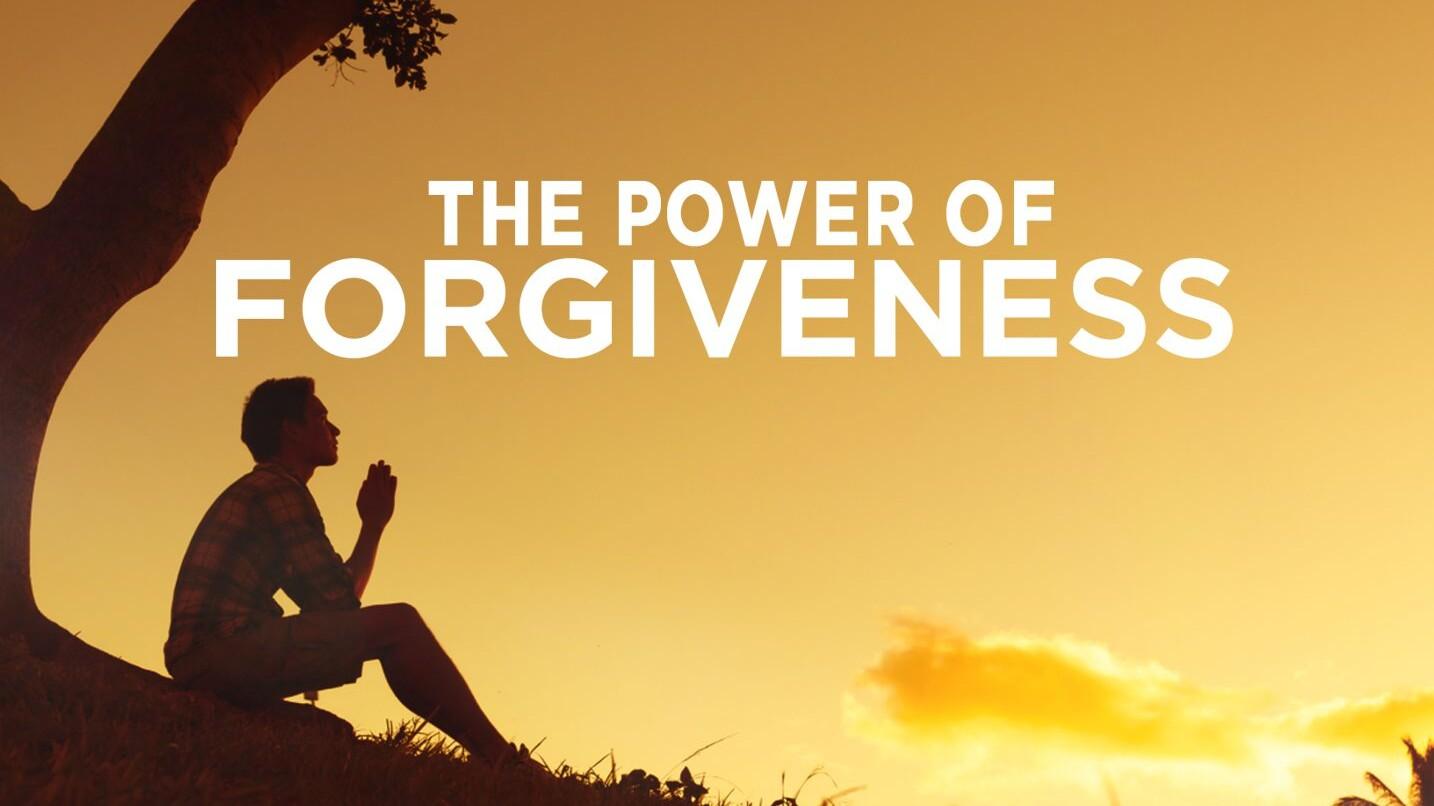Addiction often begins as a response to unresolved emotional pain. Beneath the surface of substance abuse or compulsive behaviors lie wounds—betrayal, loss, shame, and trauma—that haven’t been properly addressed. To truly heal from addiction, it is not enough to simply break the habit; the heart must be healed. And that healing often begins with one powerful, life-changing act: forgiveness.
The Hidden Hurt Behind Addiction
Many people struggling with addiction are not only battling physical cravings but also emotional torment. Painful memories and guilt can feel unbearable, leading individuals to seek relief through drugs, alcohol, or destructive behaviors. But these coping mechanisms only mask the pain temporarily and often deepen the cycle of self-destruction.
Christian recovery approaches addiction holistically—addressing not just the behavior, but the brokenness at its core. One of the most transformative truths found in Scripture is that forgiveness is not only possible—it is freely offered by God through Jesus Christ.
Forgiveness from God: A New Beginning
The first and most crucial step in healing the heart is receiving God’s forgiveness. Many in recovery carry heavy burdens of guilt and shame, believing they are too far gone to be redeemed. But the Bible offers a radically different message. In 1 John 1:9, we are reminded, “If we confess our sins, He is faithful and just to forgive us our sins and to cleanse us from all unrighteousness.”
Through Christ’s sacrifice, forgiveness is available for every mistake, every relapse, and every regret. When a person accepts this grace, a weight is lifted. The past no longer defines them; God’s love does.
Forgiving Yourself: Releasing Shame
Even after accepting God’s forgiveness, many people in recovery struggle to forgive themselves. They may replay past decisions or feel unworthy of love and acceptance. But self-forgiveness is essential to healing.
Forgiving yourself doesn’t mean ignoring the harm caused by addiction—it means acknowledging it, learning from it, and choosing to move forward. God’s grace covers all sin, and when we forgive ourselves, we align our hearts with His truth: that we are loved, redeemed, and made new in Christ.
Forgiving Others: Healing Relationships
Another essential aspect of healing the heart is forgiving those who have caused harm. Often, addiction stems from or is worsened by past trauma or broken relationships. Holding on to resentment or bitterness can keep wounds open and hinder the recovery process.
Jesus taught in Matthew 6:14-15 that forgiving others is vital to our own healing. Forgiveness doesn’t justify the wrong done to us; it frees us from its grip. It allows God to work in our hearts, bringing peace and restoration where pain once lived.
Forgiveness as a Daily Practice
Forgiveness in recovery is not a one-time event—it’s a continual choice. It is part of the daily renewal of the heart that allows space for growth, healing, and hope. Christian recovery programs like Celebrate Recovery emphasize this journey of grace and transformation.
When we forgive—ourselves, others, and when we receive God’s forgiveness—we experience deep, lasting healing. The heart begins to mend, and the soul finds peace. In Christ, what was broken can be restored.








